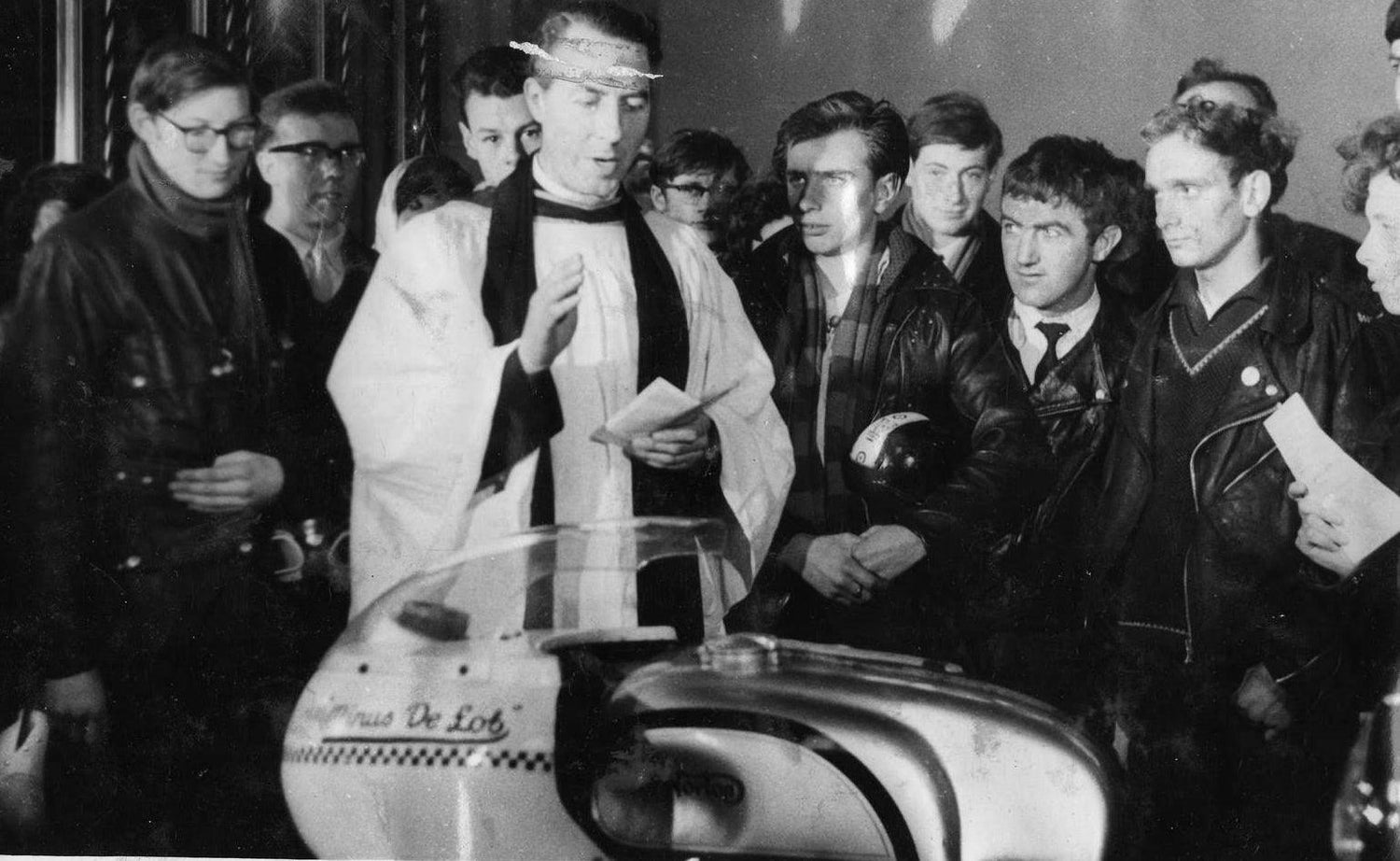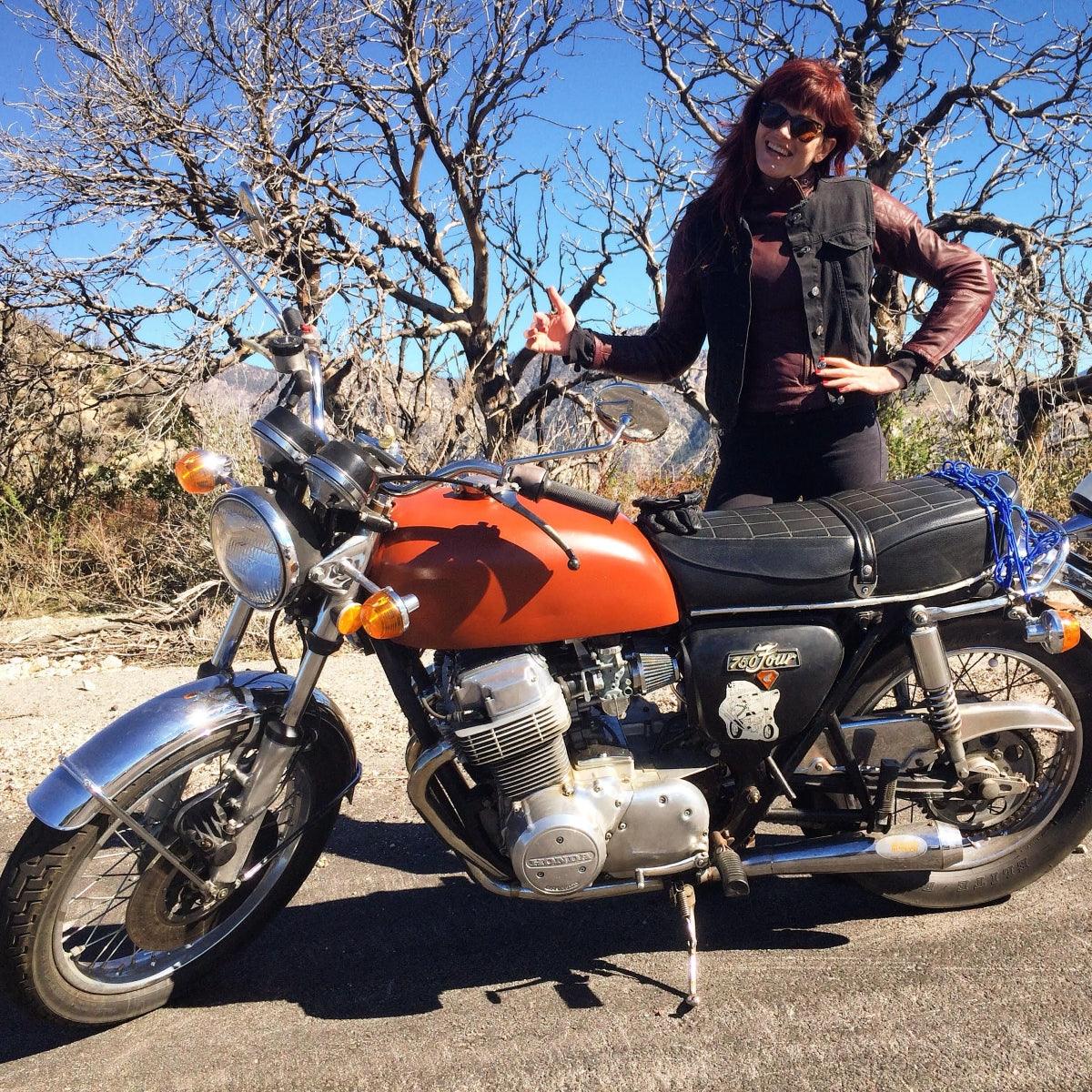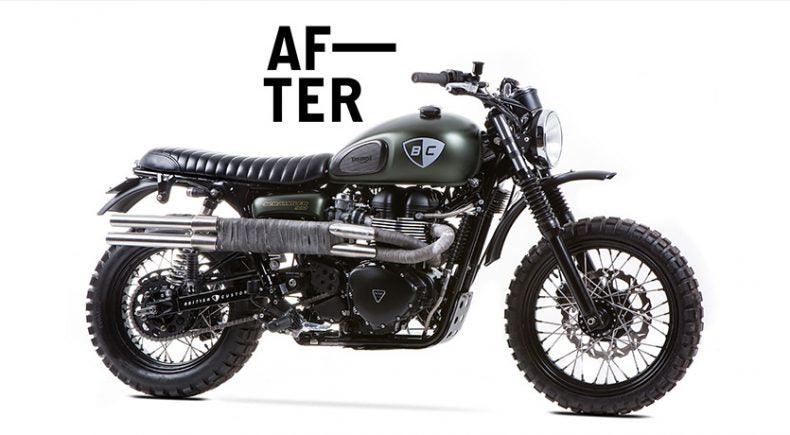
When you think motorcycle club, you don’t usually think charity. When you think rocker, you don’t usually think vicar. The 59 Club, arguably one of the most iconic and influential motorcycle clubs ever, unites both in one of the most interesting motorcycle club stories in the history of motorcycling.
The 59 Club, also known as The Fifty Nine Club and The 9, was founded in 1959 by Curate John Oates in Hackney Wick in the East End of London. After World War II, the East End of London was an under-privileged area suffering from massive deprivations. Many of the youths living in the area were urchins living lives of petty crimes. Curate Oates, an Anglican priest in the area, had the idea to found a youth club to give the local youth somewhere to go and something to do to keep them out of trouble. He then founded The Fifty Nine Club, and made membership completely open to anyone who wanted to join. Boys, girls, men, women all joined in droves, attracted by the wide range of activities the club hosted.
The club’s only rule was that you had to join in person.
In 1962, a motorcycle section was opened in The Fifty Nine Club, since a large number of the club’s members rode motorcycles. This was a major step that many took note of, because until then the rocker subculture was largely given a negative consideration, being lumped in with outlaws and antisocial rebels. The motorcycle section had weekly club nights at the Eton Mission, which became a huge local hangout because of the ample parking and the huge hall with table tennis, billiards, a jukebox, and coffee bar. The club was taken over by Reverend Bill Shergold, who would be one of the heads of the club until his death in 2009, and the club would become affectionately known throughout London as “The Vic’s Caff.”

The club’s logo had become an icon, and its members created the “bad boys gone good” archetype that people grew to love. The club was predominantly cafe racers, and together they were at the forefront of the scene, defining what the bikes looked like, who rode them, and the lifestyle surrounding them.
While the club had religious roots in its founding, religious figures in its leadership, and all its clubhouses were churches, Rev. Shergold took pride in not ramming religion down anyone’s throat, and only spoke about it when asked to. His annual Christmas letters to club members were brief and humorous, and ended with an open invitation to his Christmas service, where motorcycle gear was acceptable as Sunday best because the attendees were “quite used to motorcycle gear by [then].” He signed them as “Father Bill.” Pictures of The Fifty Nine Club’s church in service often feature a row of motorcycles behind the pulpit, positioned as if they were a natural part of the church choir.
In 1965, the club’s membership was reported to be nearly 7,000, with members living in every corner of Britain. By 1966, it had 9,500 members. In spite of having to sign up in person to join the club, riders were coming from all over the world to join, opening chapters everywhere. Allegedly, they were gaining as many as 250 members a month, both men and women. By the end of the 60s, they had over 20,000 members.
The end of the club’s heyday came when outlaw motorcycle gangs started appearing on the scene. MCs like the London-based Road Rats and the California-based Hells Angels replaced the rocker subculture, and The 59 Club’s membership waned.
The Fifty Nine Club still exists today, however, with chapters around the world. They count over 30,000 members, and are led by a number of members who have been involved with the club since the 60s. The club still maintains relationships with Ace Cafe and the Rockers Reunion, and together they help uphold the classic rocker lifestyle and carry it forward for the next generations of riders who still resonate with it.
The Fifty Nine Club is also a registered charity, listed as having been founded in 1965. Their mission statement as listed on the UK Charity Commission website: TO HELP YOUNG MOTORCYCLISTS.




Leave a comment
All comments are moderated before being published.
This site is protected by hCaptcha and the hCaptcha Privacy Policy and Terms of Service apply.